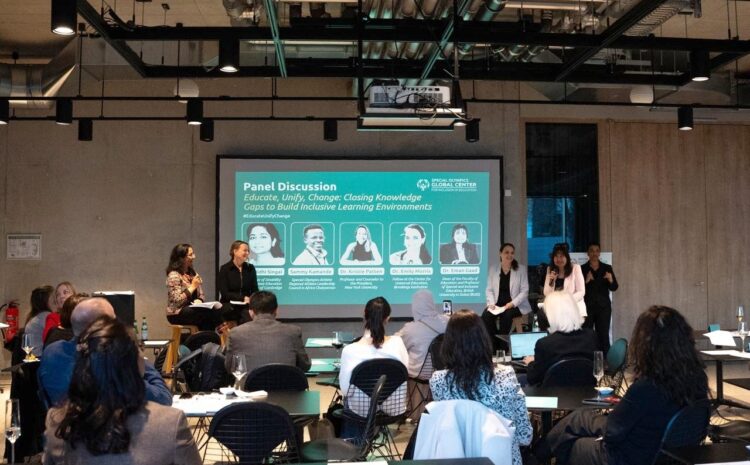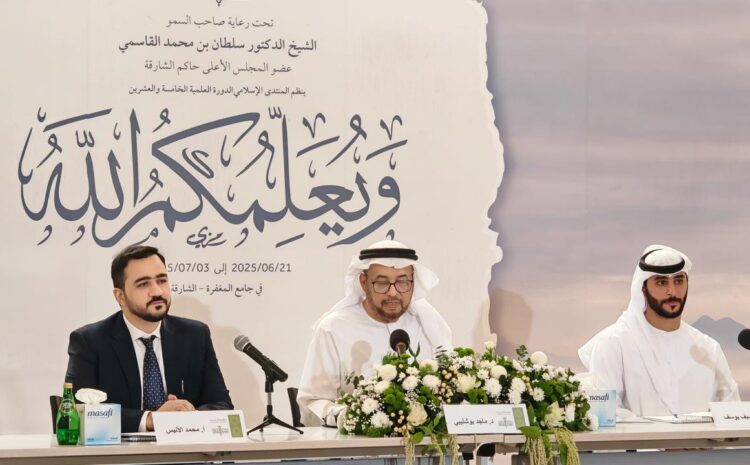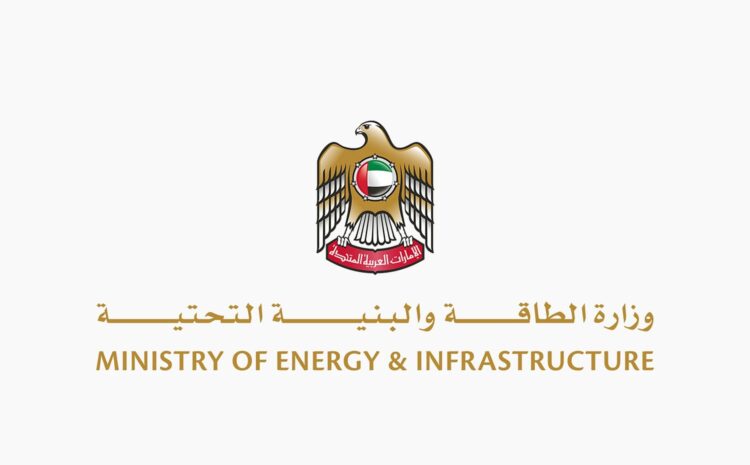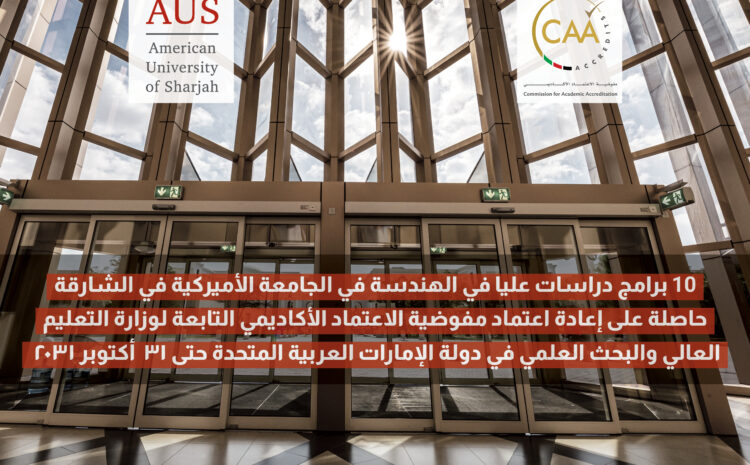
Special Olympics launches landmark research agenda at Global Disability Summit, calls for closing knowledge gaps on inclusion
ABU DHABI, 4th April, 2025 (WAM) – The Special Olympics Global Centre for Inclusion in Education today announced the launch of its comprehensive research roadmap, “A Global Research Agenda for Building Inclusive Learning Environments.”
Spearheaded by the Global Centre’s Research Collaborative — comprising scholars from top global universities, including Yale University, Harvard University and NYU Abu Dhabi — this initiative serves as a strategic roadmap for addressing key knowledge gaps on disability-inclusive education and sport to improve educational outcomes for students with and without intellectual and developmental disabilities (IDD).
This initiative comes in response to a critical dearth of data-driven research studies on inclusion and its benefits. These knowledge gaps negatively impact students’ learning outcomes, perpetuating cycles of exclusion and limiting their potential. Without robust evidence to inform policies and practices, educational systems struggle to provide the necessary support for students with IDD, resulting in lower academic achievement, social isolation and diminished opportunities for lifelong success. The World Bank estimates that failing to include people with disabilities in education, sport, the workplace and beyond may reduce a country’s GDP by 3-7%.
Established in 2022, the Research Collaborative brings together 32 diverse global scholars, Special Olympics athletes, and youth leaders from across the globe to further inclusive research. Their collective expertise will guide future research, influence policymaking, and drive real change in inclusive education and sport. This work is made possible by His Highness Sheikh Mohamed bin Zayed Al Nahyan, President of the United Arab Emirates, following a US$25 million grant provided to the Special Olympics in 2020.
The Research Agenda thus outlines a series of fundamental questions about inclusion—from the cost efficiencies associated with inclusive programming, to the most effective partnerships and practices needed to support the successful implementation of inclusive education—that must be urgently answered and supported by rigorous evidence, following years of neglect by the global research community.
The Research Agenda’s launch took place in Berlin, Germany on the sidelines of the 2025 Global Disability Summit—a convening of global, regional, and national stakeholders that share the same goal and vision for disability-inclusive development and humanitarian action. In the presence of leading global scholars, policymakers and disability rights advocates, Special Olympics leadership laid out the organisation’s six core areas of research on which it will focus its efforts to strengthen inclusion in education and sport:
Defining Inclusion Across Contexts and Cultures
Building the Capacity of Educators, Coaches, and Other Adults to Deliver Inclusive Learning
Strengthening Family, School, and Community Engagement
Driving Impact Through Measurement and Evaluation
Supporting Underserved and Displaced Populations (including refugee and migrant communities)
Ensuring Artificial Intelligence is Leveraged to Foster Inclusion
Despite significant global progress in prioritizing more inclusion in education and sports, challenges remain in implementing policies into effective programming and practice. UNESCO’s analysis of 209 countries reveals a gap between education laws and policies, showing that policies are progressing toward inclusive education at a faster rate than laws. While 38% of countries encourage inclusion through policy, only 17% of countries legally protect the right to inclusive education. Alarmingly, 25% of countries include enabling language for fully segregated education in their laws.
The reality is that many children with IDD remain segregated in special education programs, or worse, are denied access to education altogether. The Research Agenda outlines the framework for achieving much-needed progress in this space by identifying knowledge gaps, emphasizing the need for cross-cultural and contextual research, and ensuring that interventions are adapted to different environments and communities.
“True progress in inclusive education will not happen in isolation. It requires strong partnerships between governments, researchers, and organizations to translate policies into action. This Research Agenda provides a clear roadmap to help drive that collaboration forward,” said Tala Al Ramahi, Director in the Office of Development Affairs, United Arab Emirates (UAE), and former Chief Strategy Officer of the Special Olympics World Games Abu Dhabi. “The UAE remains committed to fostering inclusive societies where every individual has the opportunity to contribute towards—and benefit from—global progress.






